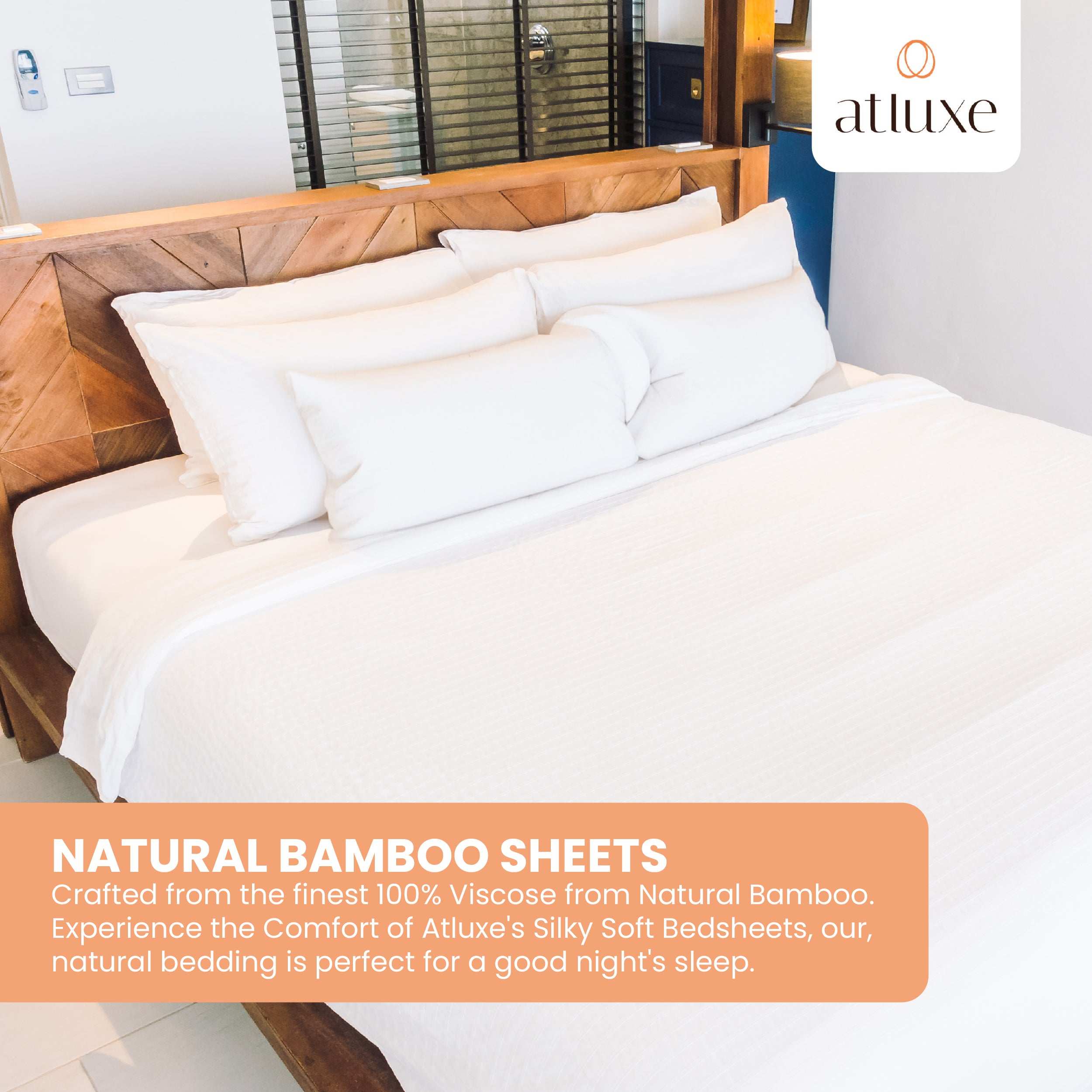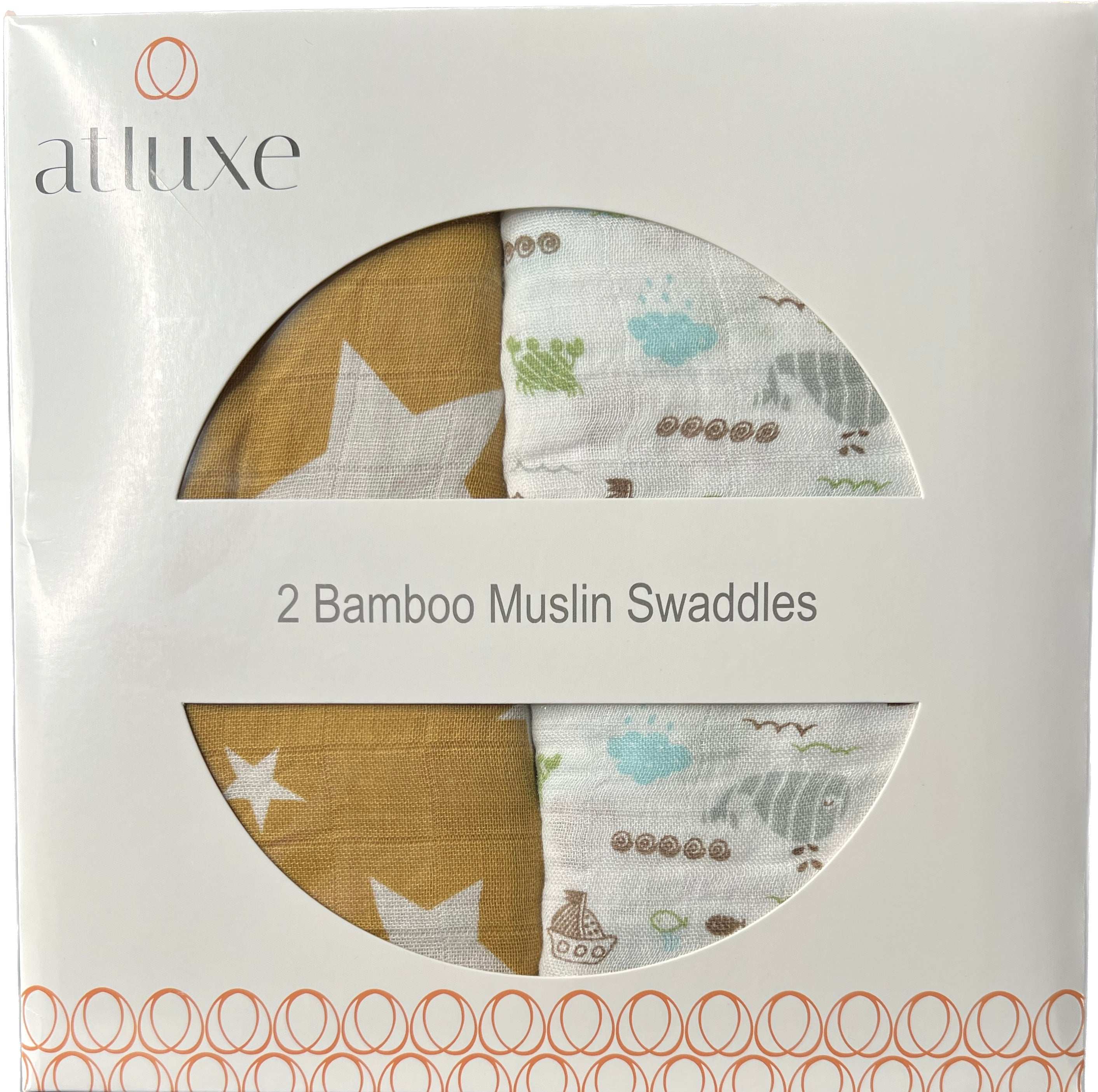Imagine wrapping yourself in pure comfort while knowing that your choice is not only luxurious but also environmentally conscious. Enter the world of Merino wool blankets, where sustainability meets style effortlessly. In this blog, we delve into the numerous benefits of choosing a Merino wool blanket for your home, exploring how this natural fiber contributes to a greener planet.
Understanding the Sustainability of Merino Wool
Merino wool, derived from Merino sheep, is celebrated for its remarkable sustainability. These sheep graze in the rugged terrain of New Zealand, where they have evolved to thrive in harmony with the environment. The fleece of Merino sheep grows annually, offering a regenerative resource that does not harm the animal.
The process of shearing the sheep to obtain their wool is akin to a natural cycle, providing the animals relief from the summer heat. This sustainable practice ensures the sheep’s well-being while also yielding a versatile material that is both soft and durable. By opting for a Merino wool blanket, you are supporting ethical practices in animal husbandry.
Moreover, Merino wool is a naturally renewable fiber, making it an eco-friendly choice for conscious consumers. Unlike synthetic materials, Merino wool is biodegradable, reducing its environmental impact at the end of its lifecycle. The sustainability of Merino wool extends beyond its production, offering a guilt-free indulgence in luxury.
The Natural Insulating Properties of Merino Wool
Merino wool possesses exceptional insulating properties, making it a perfect choice for blankets that provide warmth without weight. The crimped structure of Merino fibers creates millions of air pockets, effectively trapping heat and regulating body temperature naturally. Whether it’s a chilly winter night or a cool summer breeze, a Merino wool blanket will cocoon you in comfort.
Another advantage of Merino wool is its moisture-wicking capability, drawing perspiration away from the body to keep you dry and comfortable throughout the night. This breathability ensures that your sleep is undisturbed, as Merino wool adapts to your body’s needs, keeping you cozy without overheating.
Merino Wool: A Biodegradable and Renewable Resource
Choosing a Merino wool blanket means embracing a product that aligns with nature’s rhythms. When you opt for Merino wool, you are selecting a biodegradable material that minimizes environmental impact. Unlike synthetic fibers that contribute to landfill waste, Merino wool naturally decomposes, returning to the earth without leaving a lasting footprint.
Furthermore, the renewable nature of Merino wool ensures a continuous cycle of sustainability. As Merino sheep grow their wool annually, the supply of this eco-friendly fiber remains steady, without depleting precious resources. By investing in a Merino wool blanket, you are investing in a greener, more harmonious future for generations to come.
Choosing Merino Wool for a Sustainable Home
Incorporating Merino wool blankets into your home decor is a testament to your commitment to sustainability. Not only do these blankets offer unparalleled comfort and luxury, but they also reflect a conscious choice towards environmental stewardship. Enhance the ambiance of your living space with a Merino wool blanket that embodies elegance and ecological responsibility.
As you adorn your sofas and beds with the plush softness of Merino wool, take pride in knowing that you are making a positive impact on the planet. Each time you wrap yourself in the cozy embrace of a Merino wool blanket, you are enveloping yourself in a sustainable lifestyle that values both comfort and conscience.
Embracing Sustainability Through Merino Wool
As you snuggle up in the warmth of your Merino wool blanket, remember that your choice goes beyond comfort. By opting for this renewable, biodegradable material, you are making a statement in favor of a sustainable future. Let the essence of Merino wool remind you of the harmony between nature and comfort, a balance worth preserving in every aspect of our lives.







Leave a comment